
Gavin Ferguson
Partner | Legal
Guernsey
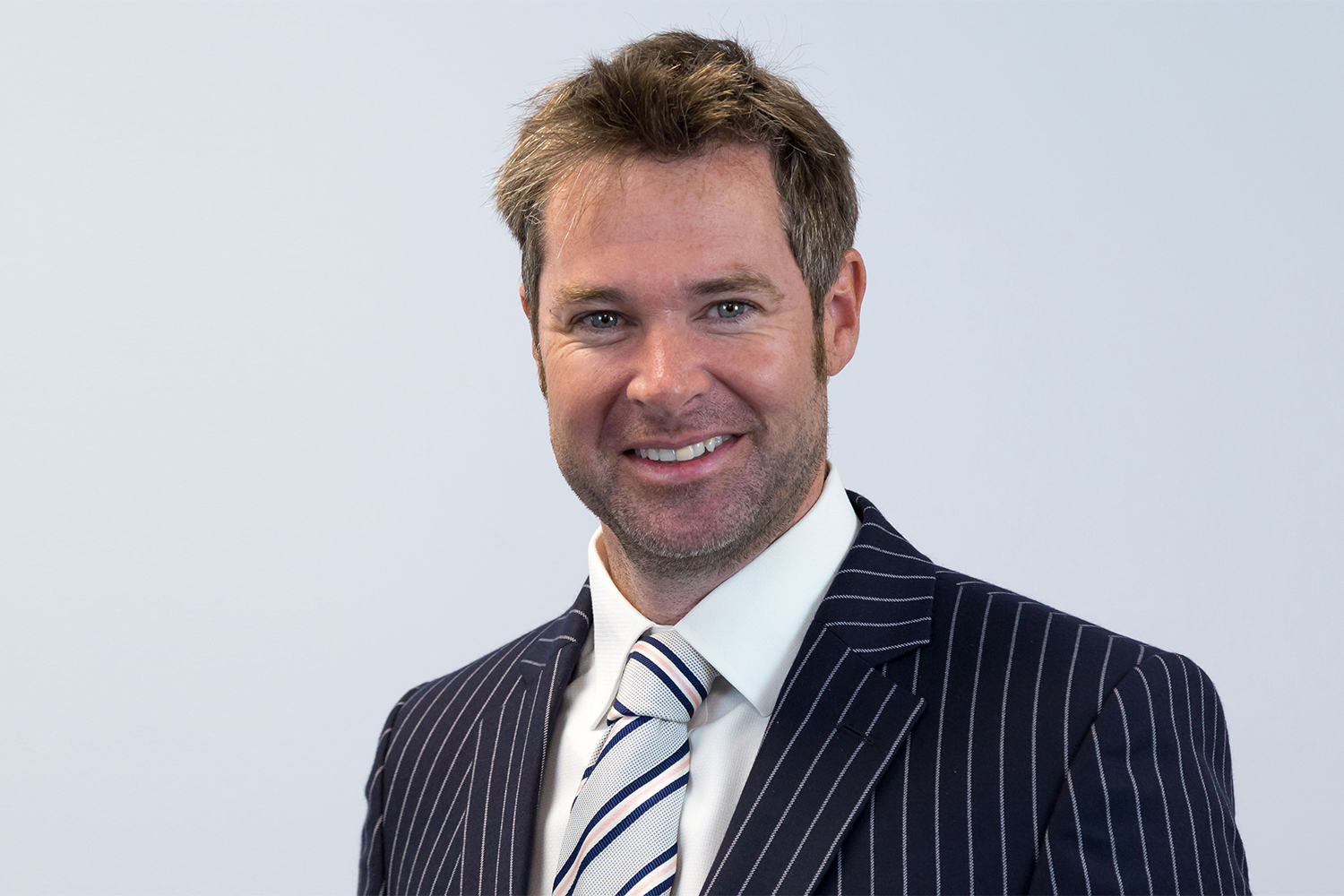
Gavin Ferguson
Partner
Guernsey
No Content Set
Exception:
Website.Models.ViewModels.Components.General.Banners.BannerComponentVm
The context: the rise of ethical investing
The investment landscape has undergone significant changes in recent years as the demand and opportunities for ethical investment have soared. Existing and sustainability-conscious millennial investors alike are increasingly opting for socially responsible investing (SRI) – an investment discipline that considers environmental, social and corporate governance (ESG) criteria with the aim of achieving both long-term competitive financial returns as well as a positive societal and/or environmental impact. Spurred by both an intention to support businesses, non-profit organisations and funds that actively work towards positive change for communities and the planet, and a desire to divert capital away from industries and corporations whose practices or output is harmful, SRI-driven investors are growing in number and their preferences are in turn affecting service providers and advisers.
The role of the trustee
Guernsey trustees will very commonly be involved at some level with investing trust assets, either directly (in which case they may be assisted by the guidance of investment advisers) or indirectly (having for example delegated the task to investment managers such as private banks specialising in wealth management). Either way, trustees remain subject to a duty to act in the best interests of the beneficiaries, which will include ensuring that the trust fund is managed in a careful and fully-justifiable manner. The starting point in the Trusts (Guernsey) Law, 2007 is that trustees must "preserve and enhance, so far as is reasonable, the value of the trust property", although in practice the application of this provision is often excluded in the terms of Guernsey trust instruments. However, trustees may be held to account if investments perform badly, so a well-informed and prudent approach is essential.
The issues in practice
With this in mind, how should a trustee respond to beneficiaries who express strong views as to ESG criteria determining the way in which the trust fund is invested? Trustees will always need to be able to demonstrate (by way of comprehensive written records such as minutes and resolutions) that every fiduciary decision they make – including how to invest trust assets – resulted from thorough deliberations which took into account all relevant (and no irrelevant) factors. In such a scenario, a trustee may wish to consider the following issues by way of example:
As with all exercises of fiduciary powers, investment decisions must be made on a case by case basis and there is no formula that can be applied across the board. Trustees need to undertake a balancing exercise, seeking to achieve good investment outcomes through strategies that are ethically aligned with the beneficiaries' views while ensuring that they are not exposing themselves to accusations of negligence. Guernsey trustees are fortunate to have access to leading advisers in the sphere of investment generally and SRI specifically who can assist them to navigate this complex landscape as it continues to develop.

Gavin Ferguson
Partner | Legal
Guernsey

Gavin Ferguson
Partner
Guernsey
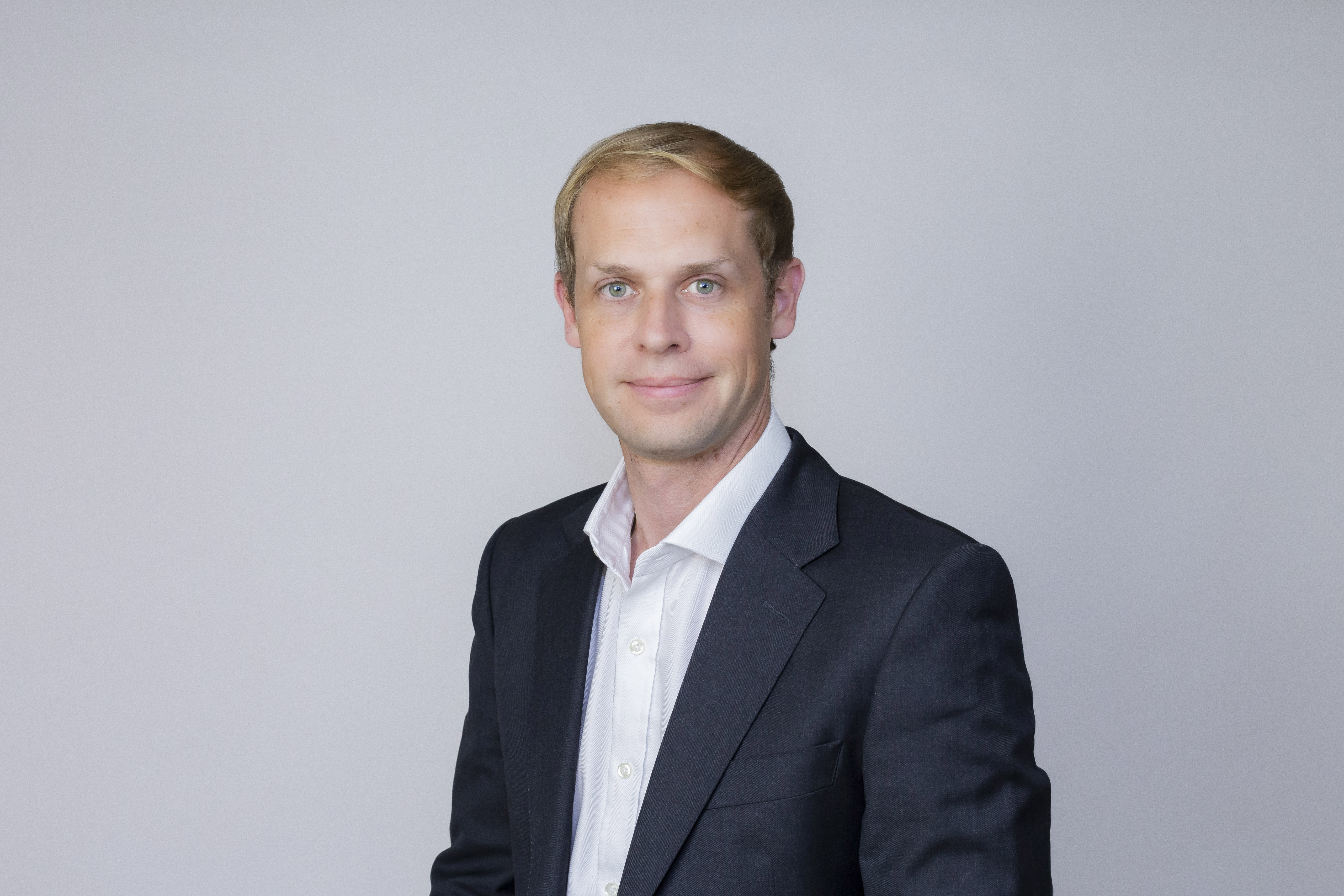
Matt Guthrie
Partner | Legal
Guernsey
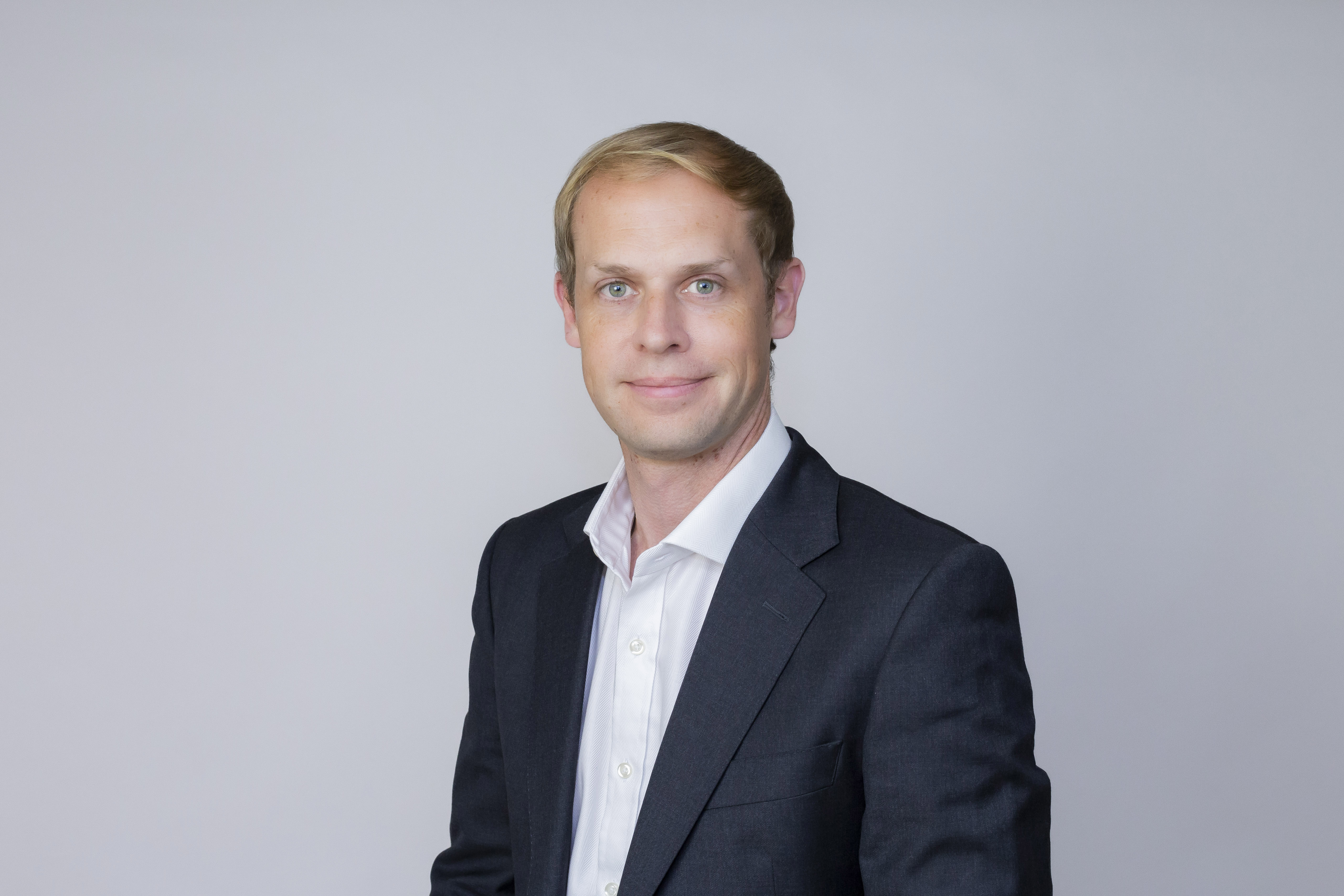
Matt Guthrie
Partner
Guernsey
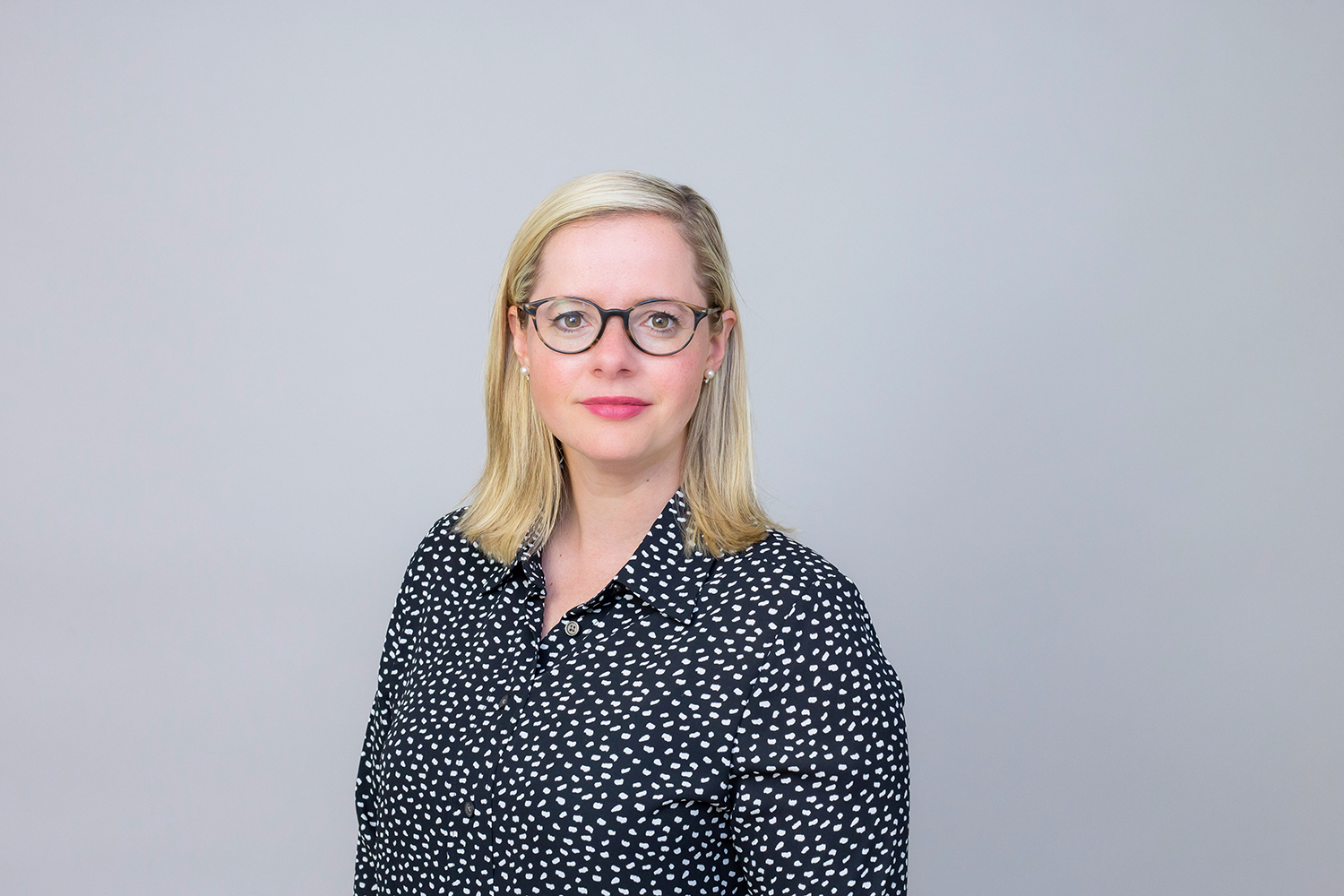
Catherine Moore
Partner | Legal
Guernsey
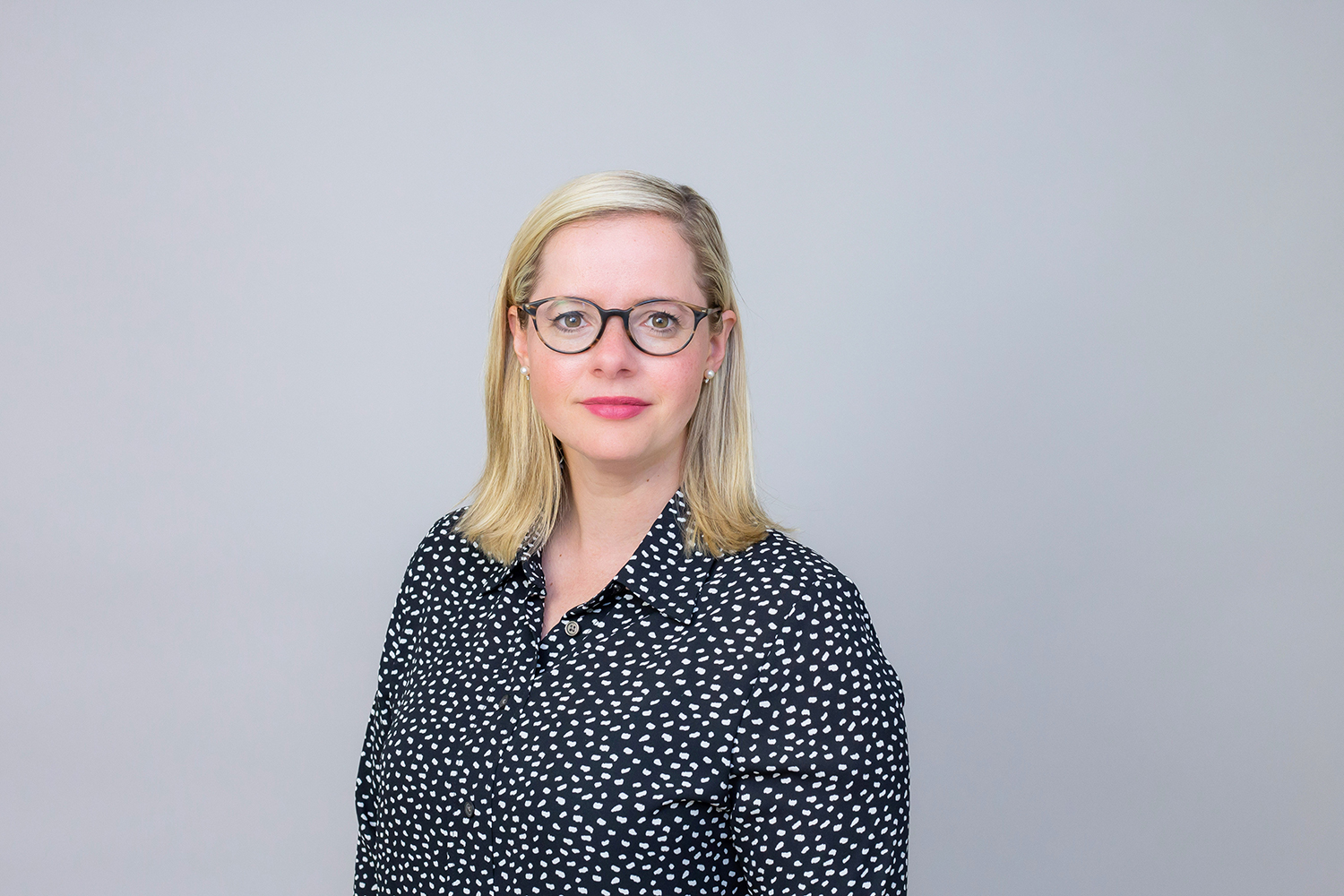
Catherine Moore
Partner
Guernsey
Ogier is a professional services firm with the knowledge and expertise to handle the most demanding and complex transactions and provide expert, efficient and cost-effective services to all our clients. We regularly win awards for the quality of our client service, our work and our people.
This client briefing has been prepared for clients and professional associates of Ogier. The information and expressions of opinion which it contains are not intended to be a comprehensive study or to provide legal advice and should not be treated as a substitute for specific advice concerning individual situations.
Regulatory information can be found under Legal Notice
Sign up to receive updates and newsletters from us.
Sign up
No Content Set
Exception:
Website.Models.ViewModels.Blocks.SiteBlocks.CookiePolicySiteBlockVm